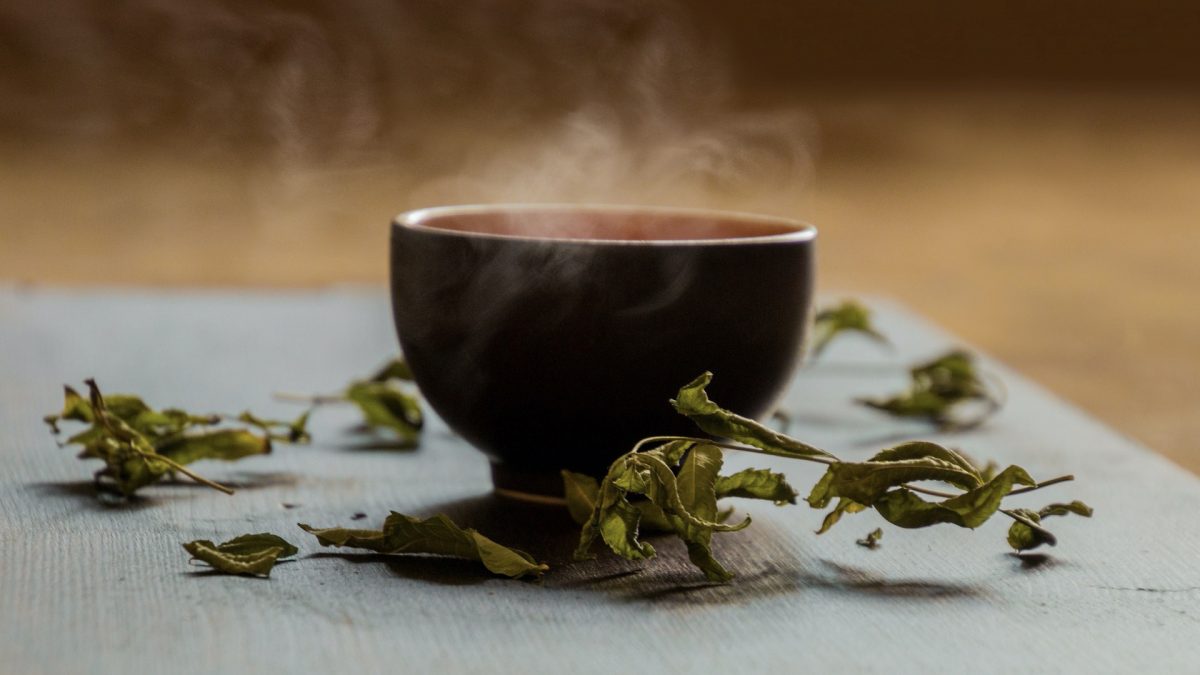“Prostate cancer is a leading cause of illness and death among men in the United States and Western Europe,” but rates in Asia can be as much as ten times lower. Perhaps Asians are genetically less likely to get prostate cancer? No. Japanese Americans and Chinese Americans have high prostate cancer rates as well, as you can see at 0:22 in my video Preventing Prostate Cancer with Green Tea. In the United States, up to nearly one in three men in their 30s already has small prostate cancers brewing and that grows to nearly two thirds of American men by their 60s. On autopsy, most older men were found to have unknown cancerous tumors in their prostates. What’s remarkable is that Asian men seem to have the same prevalence of these hidden, latent prostate cancers on autopsy, but they don’t tend to grow enough to cause problems. In Japan, men tend to die with their tumors rather than from their tumors. Of course, that’s changing as Asian populations continue to Westernize their diets.
What is it about Western diets that fuels cancer growth? It could be carcinogens in the diet accelerating the growth of cancer. Indeed, the typical American diet is rich in animal fats and meats, but it could also be something protective in Asian diets that is slowing the cancer growth, such as fruits, vegetables, soy foods, or green tea.
How might we determine if there is a link between tea consumption and the risk and progression of prostate cancer? Dozens of studies have examined whether tea drinkers tend to get less cancer in the future and if cancer victims tend to have drunk less tea in the past. Although the results have been mixed, overall, tea consumption was associated with a lower risk of prostate cancer. So, tea consumption might indeed play a protective role. However, just because tea drinkers get less cancer doesn’t mean it’s necessarily because of the tea. Perhaps drinking tea is just a sign of a more traditional lifestyle and maybe tea drinkers are less likely to be patrons of the thousand KFC fast-food restaurants now in Japan.
In vitro studies performed in a lab allow for as many factors to be controlled as possible. When everything is removed from the equation except for green tea and prostate cancer, dripping green tea compounds directly on prostate cancer cells in a petri dish can cause them to self-destruct, as you can see at 2:31 in my video. But we do not appear to absorb enough green tea compounds into our bloodstream to reach those kinds of levels. This may explain why some studies failed to find an association between tea drinking and cancer. Maybe we’re not drinking enough? In the United States, for example, the “high” tea-drinking group may be defined as more than five cups of tea a week. In Japan, however, the “high” tea-drinking group can consume five or more cups a day, which was associated with about halving the risk of aggressive prostate cancer. How? Apparently, it was not by preventing the formation of the cancer in the first place, but perhaps by slowing or stopping the cancer’s growth. If green tea can stop the growth of prostate cancer, why not try giving green tea to prostate cancer patients to see if it will help? Green tea is actually put to the test in cancer patients in my video Treating Prostate Cancer with Green Tea.
For more on men’s health, check out:
- Prostate Cancer and Organic Milk vs. Almond Milk
- Dairy Estrogen and Male Fertility
- The Role of Diet in Declining Sperm Counts
- Prostate Cancer Survival: The A/V Ratio
- Survival of the Firmest: Erectile Dysfunction and Death
- Prostate vs. Plants
- Cancer Reversal Through Diet
- Changing a Man’s Diet After a Prostate Cancer Diagnosis
- Pomegranate vs. Placebo for Prostate Cancer
- Best Supplements for Prostate Cancer
- Lycopene Supplements vs. Prostate Cancer
Interested in more on tea? See:
- Is Caffeinated Tea Dehydrating?
- Antimutagenic Activity of Green vs. White Tea
- Treating Gorlin Syndrome with Green Tea
- Treating Genital Warts with Green Tea
- Why Do Asian Women Have Less Breast Cancer?
- Cancer, Interrupted: Green Tea
- Can Green Tea Help Treat Cancer?
- Can Green Tea Help Prevent Cancer?
- Benefits of Green Tea for Boosting Antiviral Immune Function
In health,
Michael Greger, M.D.
PS: If you haven’t yet, you can subscribe to my free videos here and watch my live presentations:
- 2012: Uprooting the Leading Causes of Death
- 2013: More Than an Apple a Day
- 2014: From Table to Able: Combating Disabling Diseases with Food
- 2015: Food as Medicine: Preventing and Treating the Most Dreaded Diseases with Diet
- 2016: How Not To Die: The Role of Diet in Preventing, Arresting, and Reversing Our Top 15 Killers
- 2019: Evidence-Based Weight Loss
